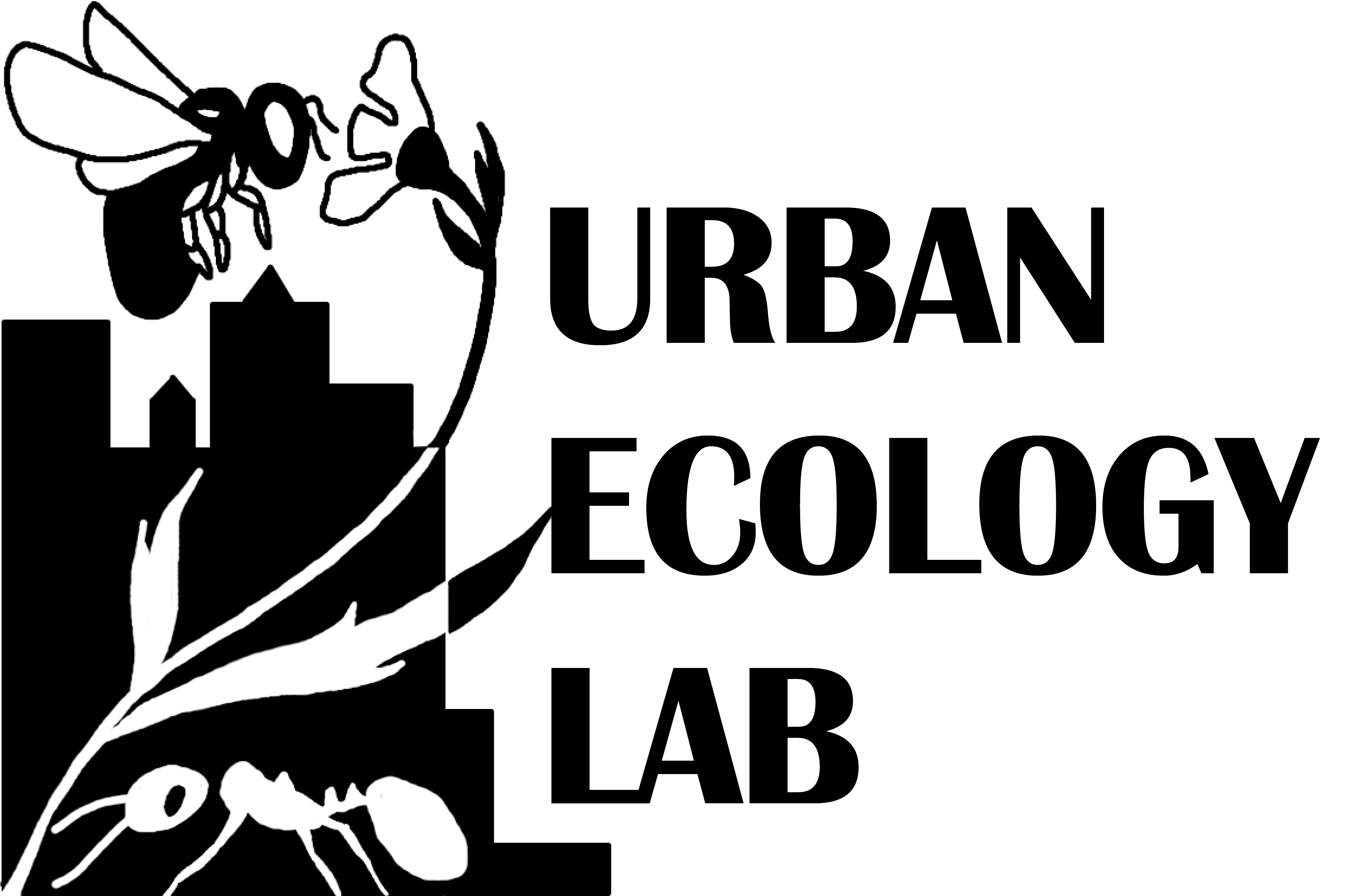CONTACT US
Cities are usually hotter than their surroundings. This is why air conditioning saves so many lives in a heat wave. But wildlife never has air conditioning, and animals–including bees–may experience more heat stress in cities than in rural areas. The higher temperatures also might make them dry out, causing water stress. If urban warming harms bee populations, urban gardens might also suffer from reduced pollination.
On the other hand, many bee species like hot weather! Up to a point, they can fly faster and more efficiently when it’s hot. In some parts of the country, where the normal weather is a little cooler than bees would like, urban warming could be a benefit to bees.
To find out how urban heat affects bees across the US, researchers from Bowling Green State University in Ohio, North Carolina State University, and Kennesaw State University in Georgia have joined forces to study bees in ten cities in different climate zones. In 2021, we’re working in Denver, Phoenix, Detroit, Raleigh, and Atlanta (expanding to more cities in 2022). In each city, we have study sites at several urban farms and community gardens that represent a range of urban warming intensity. Usually the most urban sites are hottest, and the most suburban sites are coolest.
At each garden, we’ll be taking measurements to understand bee health, pollination, and the surrounding habitat. For example, we will measure bee body temperature and hydration state, bee activity at flowers, and, when possible, pollination of cucumber–a vegetable that requires insect pollination. To document the habitat conditions at each site, we will measure the air temperature, the abundance of flowers, as well as the amount of bare ground and other nesting resources.
This year (2021) is the first in a four-year, USDA-funded study. As results emerge over the next few years, we will share them with participating gardens and beyond! We hope the results of this study will help us understand where in the US bee health and pollination are most at risk from warming. We may find that some bee species are more heat tolerant than others; or we may find that some habitat features help counteract effects of urban heat. Any of these outcomes would help prioritize conservation action and plan for resilient pollination.
This project is funded by USDA NIFA AFRI Competitive Grant number 2020-67013-31916 to Kevin McCluney, Elsa Youngsteadt, and Clint Penick.


